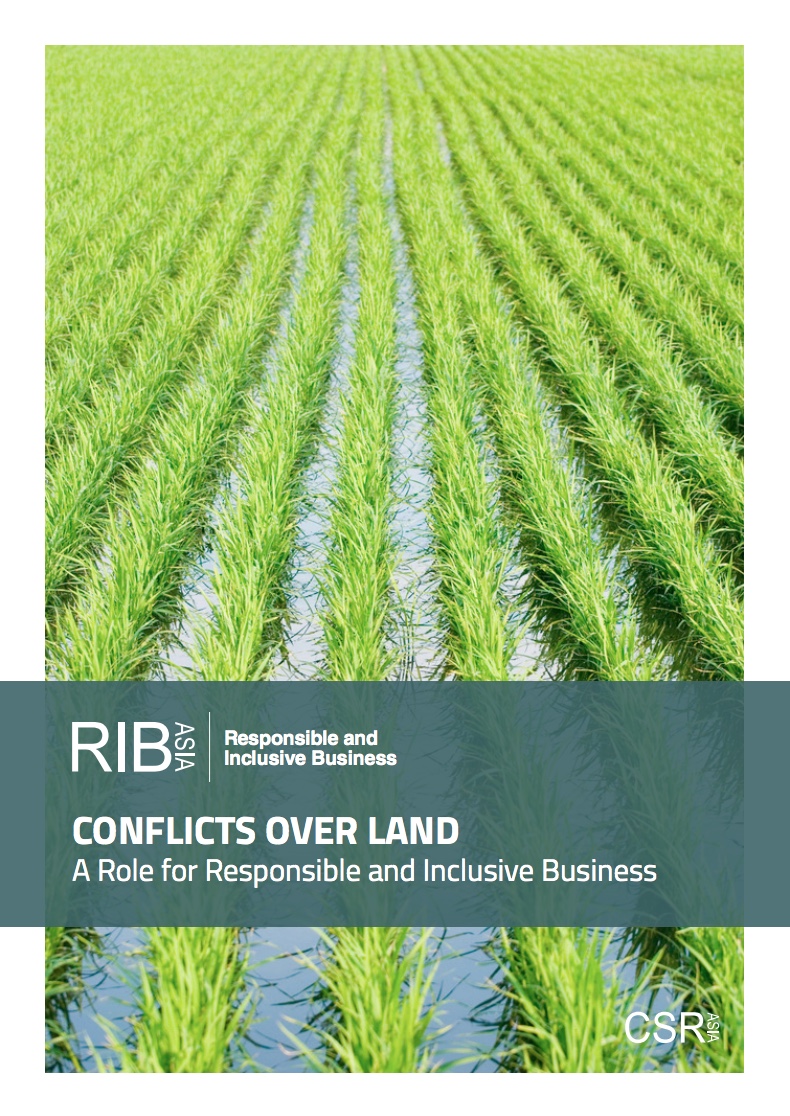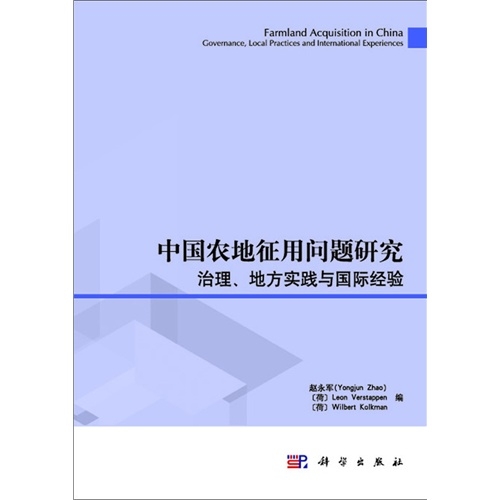Land Rights and Gender Equality in Ethiopia
IFPRI has just published a new paper that considers whether or not policy changes related to gender equality and women’s empowerment in Ethiopia are, or are not, mutually reinforcing. One set of changes involves certification of land use rights at the community level. See here for a discussion of USAID’s project supporting these efforts. Certification allows husbands and wives to be listed as joint holders of the rights (these rights are inheritable by the remaining spouse when the other spouse dies).




